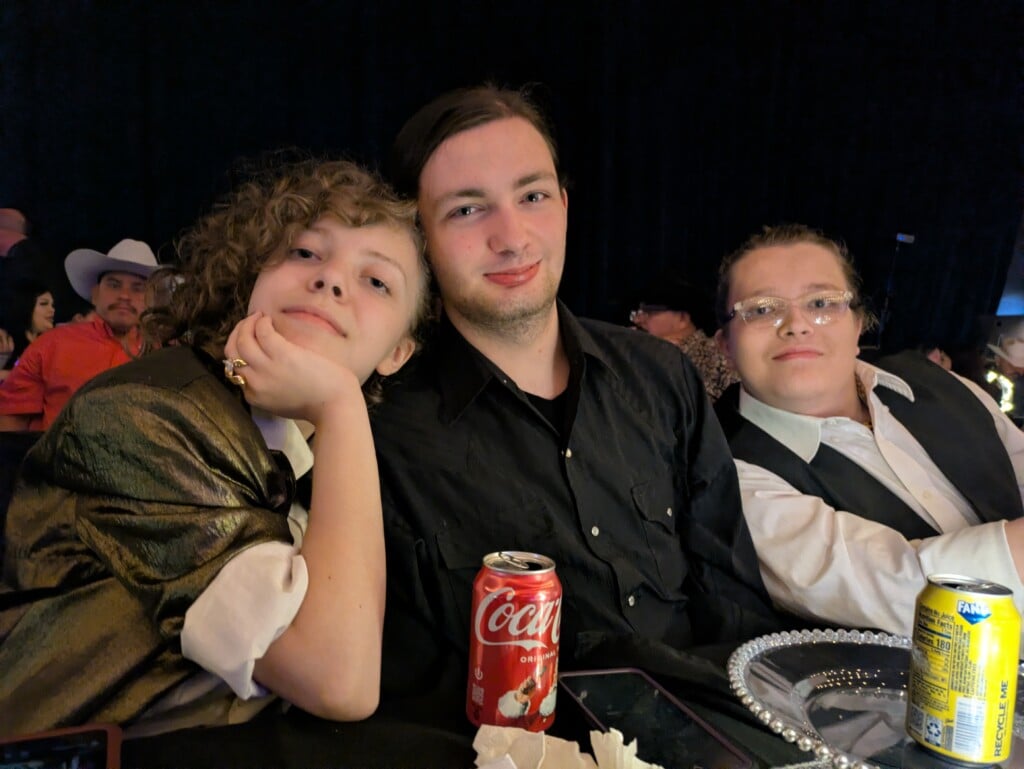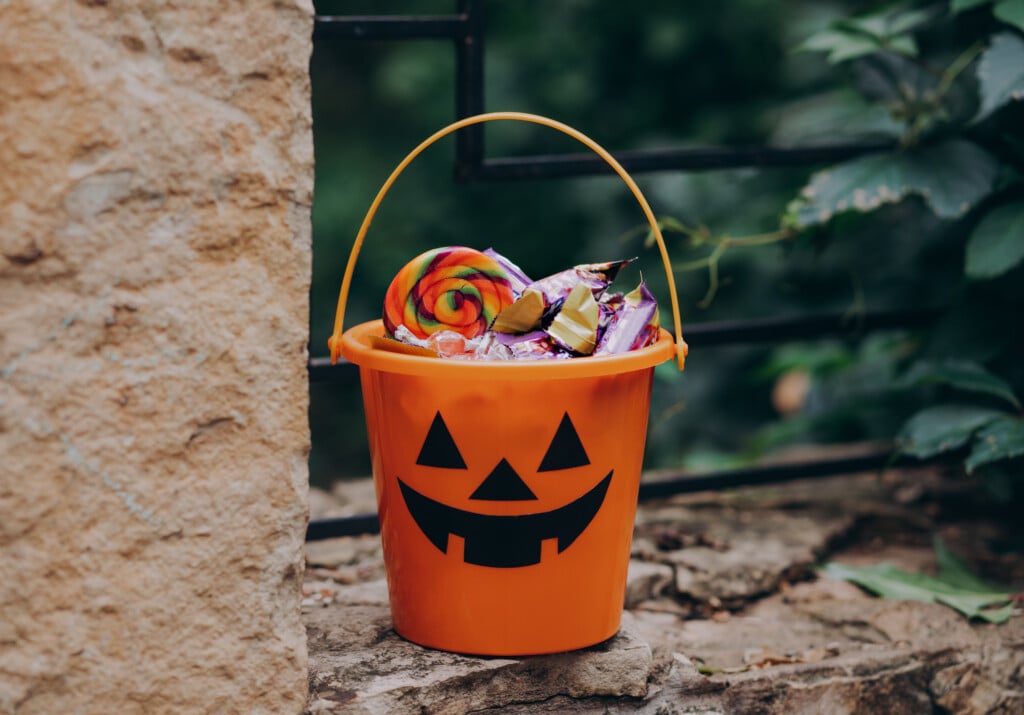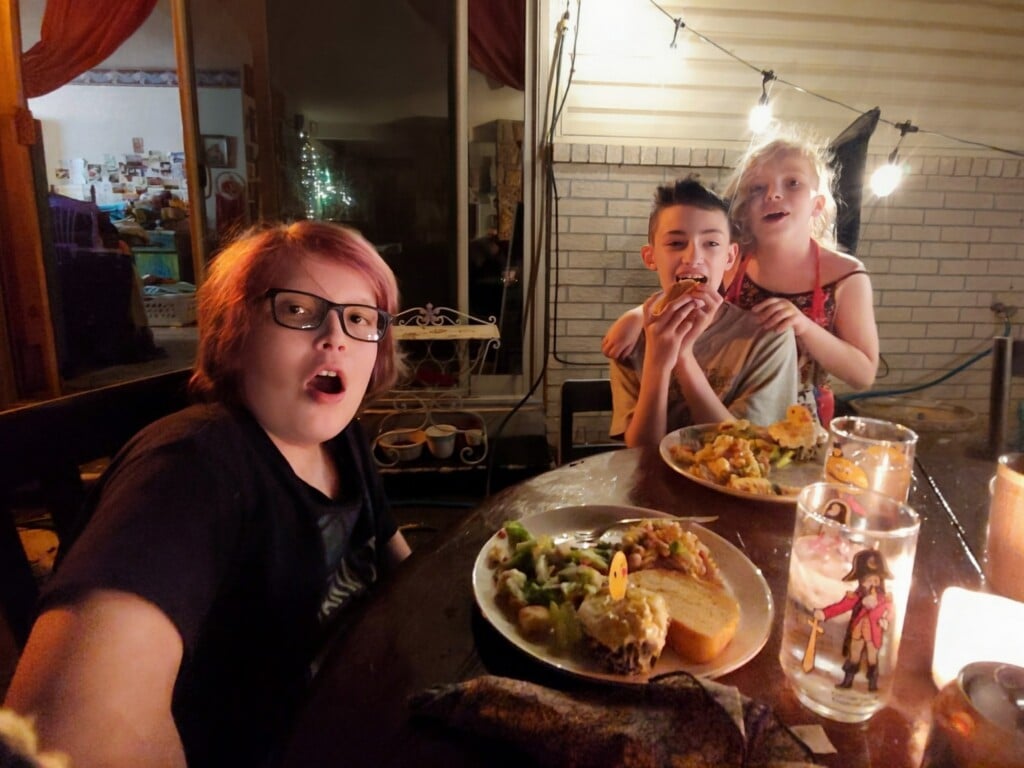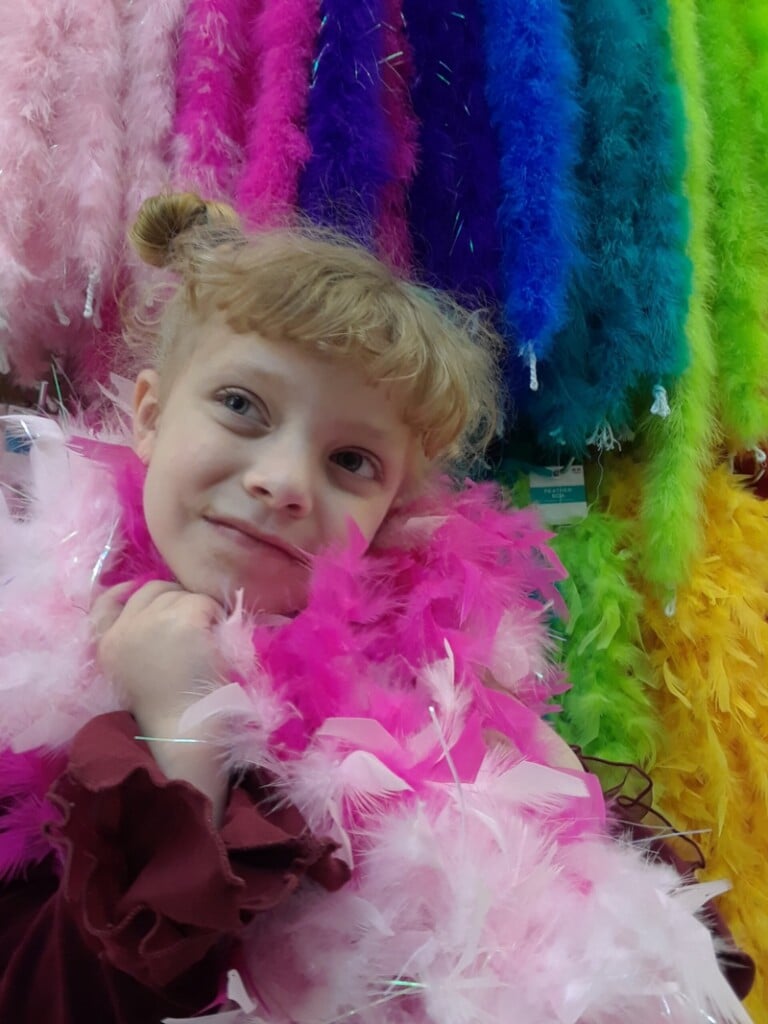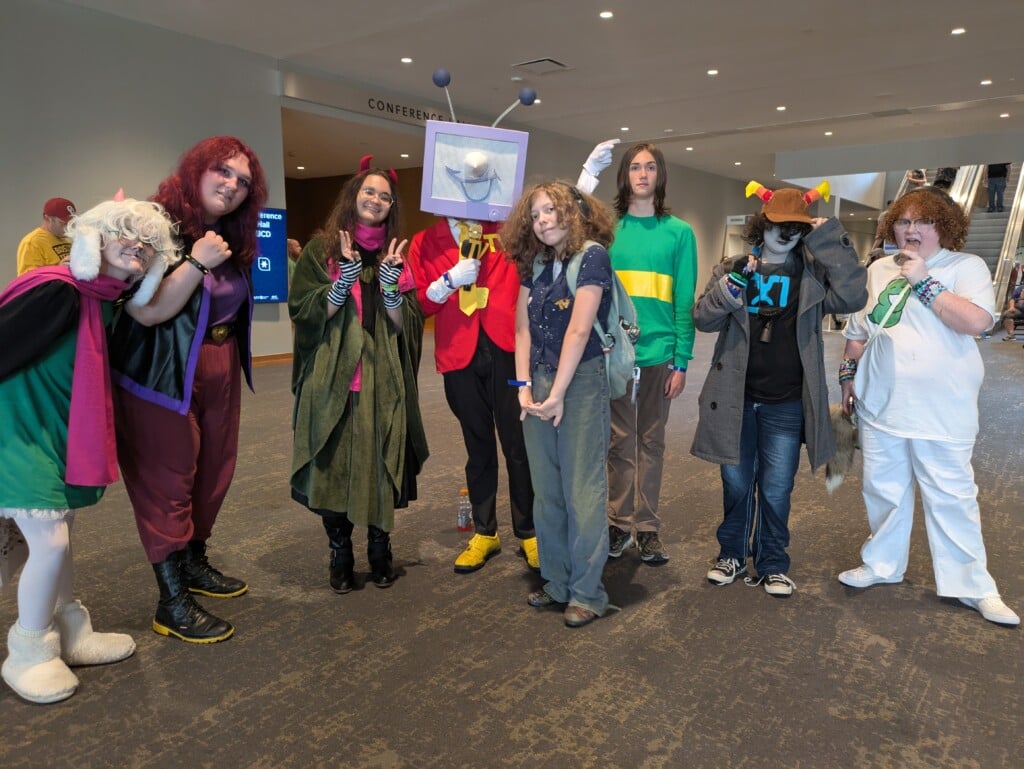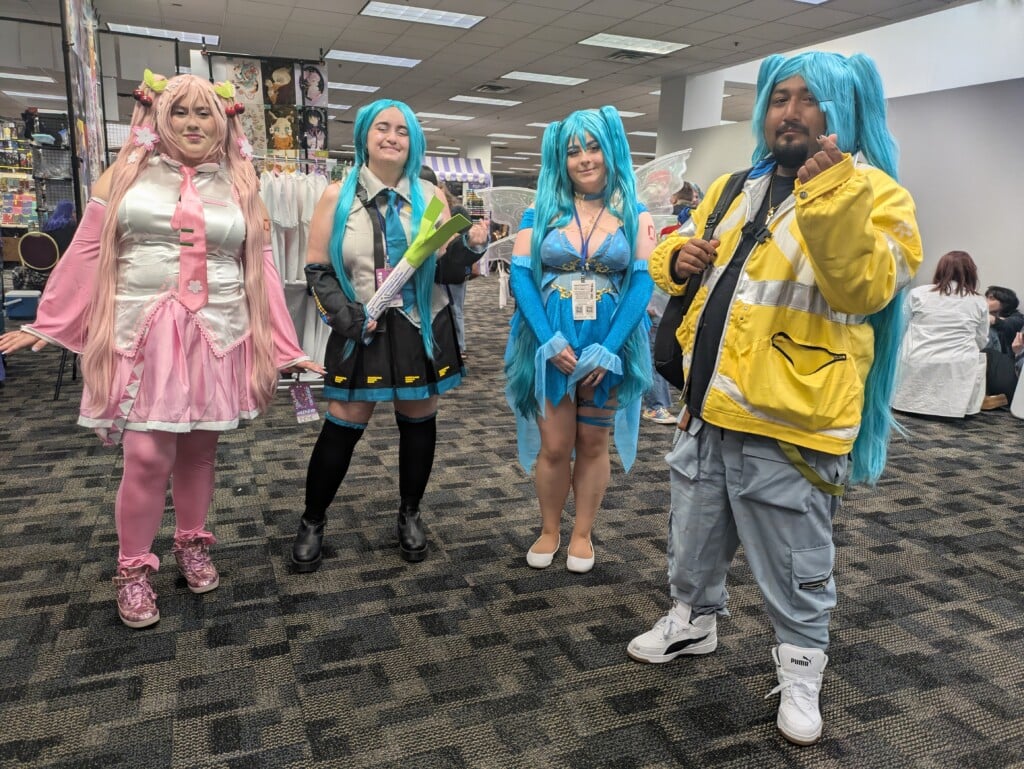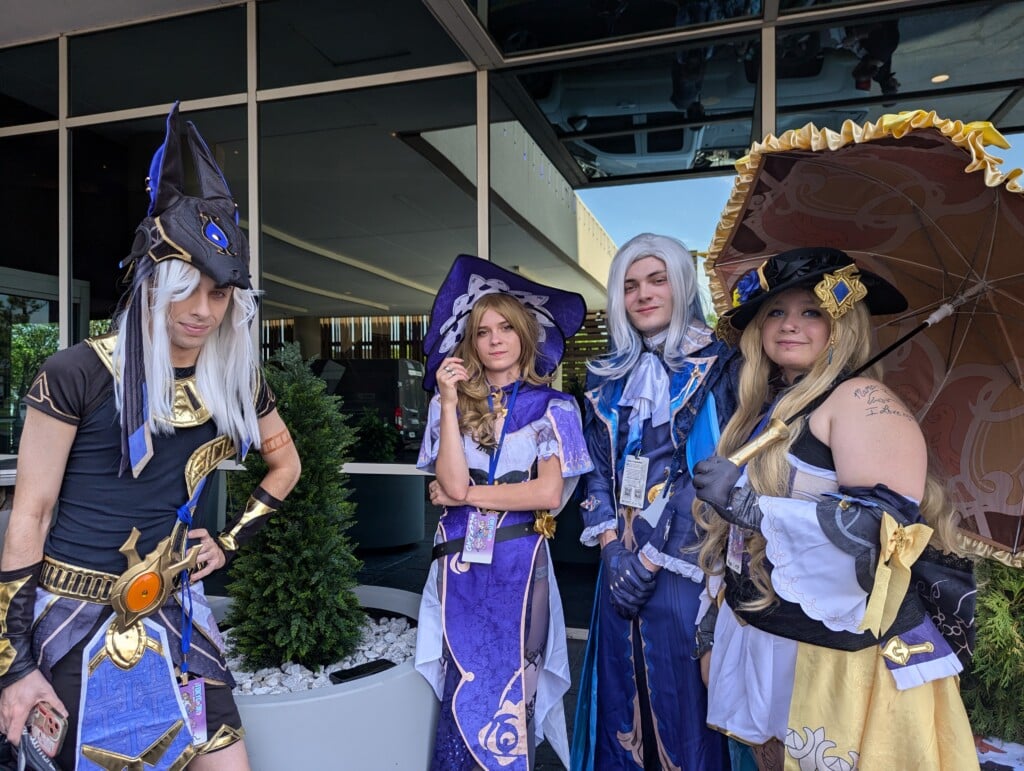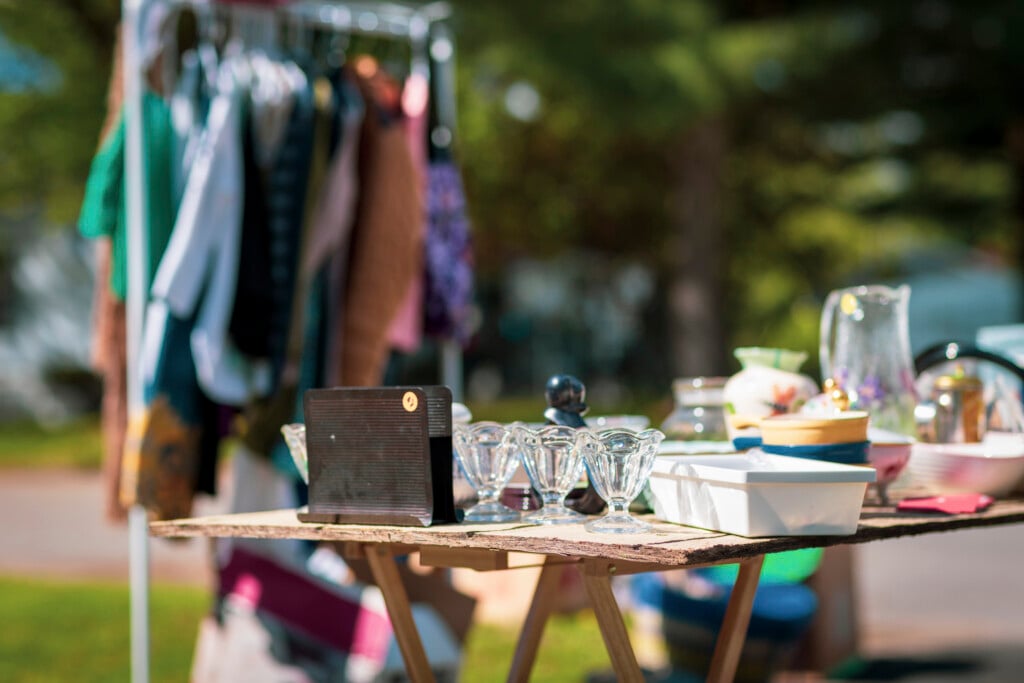Discord is a Mine Field for Teens

Like many parents of Gen Zers and Alphas, I have been pretty permissive about letting my kids get involved in online engagement. Coming from a highly restrictive upbringing with a high-control religious background, I have always felt that prohibition only leads to problems. Many of the most troubled kids I knew growing up came from homes where there were a lot of rules to sneak around or break.
As a parent, I’ve always felt that one of the most frightening thoughts is the idea that my kids would feel they needed to sneak around or keep secrets from me. If something goes wrong with my kid — particularly something of the unthinkable “Dateline” variety — I want to know who they’re hanging out with and what they’re doing so I can help keep them safe, not the sanitized parent-friendly lie version they feel they have to tell me to keep things copacetic. When I worked in a middle school and high school, I constantly overheard kids talking about how to use a VPN, which if you don’t know allows users to bypass parental and school controls.
I also am very aware that the internet is a dangerous place for kids and teens, and I understood that allowing my kids to have online access meant potentially giving all sorts of bad actors access to my children. This is a fact of life in the internet age, and it’s one parents have to be realistic about if their kids are anywhere near any type of connected device at any point in their day.
I’m sure this will be controversial, but my approach was to teach my kids all about the dangers of online interactions from an early age. I talked to them directly about how they can never truly know if who they are talking to online is who they think it is unless they know them personally in real life and are currently speaking via video. I educated them, in age-appropriate terms that became more granular as they got older, about things like predators, catfishing, and online bullying. We have also loosely monitored our kids’ online interactions by letting them know we’d pop in from time to time with the overall goal of letting them prove they could be trusted.
And while they have demonstrated good judgment so far, I am becoming increasingly concerned that Discord needs to be actively working to address specific dangers to minors on their site. In the meantime, if your kids are on Discord, there are some very real threats to their safety that you need to know about and watch out for.
Many Discord users are minors
I’ve noticed that when my kids meet new kids, one of the first things that comes up is a request to exchange Discord profiles. I don’t know if Discord use is common among all social networks, but I do know that among the artsy, cosplaying, geeky, and gaming types, it seems to be pretty huge. What concerns me the most about this is that I know many of the kids in these communities are neurodivergent, LGBTQ, or kids that generally struggle to connect with other kids in school or feel in some way that they’re outsiders. These types of kids are especially vulnerable to some of the very specific dangers lurking on Discord.
The average age of Discord users is getting younger each year. While it used to be 20 years old, the average Discord user today is 16. And while their terms of service allow kids as young as 13 to sign up, it’s common for kids even younger to sneak their way onto the platform.
A direct link to your kids
The way Discord works, for those who aren’t in the know, is it allows groups and individual users to create private servers or chatrooms…basically, they’re hangout rooms. In these rooms, users can engage in text-based conversations, share content, or join group or individual voice chats. Just like back in the day my friends and I used to spend hours on the landline talking, these kids will sometimes spend hours hanging out with their friends talking while they game or draw or watch TV.
My kids are pretty open about what they do in their hangout rooms, and I’ve walked in on everything from the kids teaching each other to cook basic food to the group sharing music and art.
But it’s not uncommon for young adults and teens to end up in the same group, and this is where you really need to be on your game because everything can seem safe to a teen or tween who is naive and vulnerable.
Not only does this mean that some very skeezy and even downright horrible people could potentially end up connected to your youth, but it also means that they’re getting direct interaction with your kiddo, often for hours at a time, in which they are free to manipulate or groom them. And there is no age at which your kid isn’t vulnerable to this, which is why it is essential to either keep them off electronic devices altogether or educate them on the very specific dangers that are out there in, again, granular terms.
The self-radicalization rabbit hole
This hit home for me a few years ago when someone in my extended family began to visibly self-radicalize. Their content on Facebook had gradually become more hateful and conspiracy-theorist, and it was increasingly concerning. Various family members tried to intervene, but there seemed to be no getting through. And then one day, we all got a message from this person apologizing for their behavior and explaining that they had been involved in some online communities that had impacted their thinking but were now coming out of that programming.
I don’t know what social media apps they were involved with, but I do know that stories of self-radicalized teens getting caught up with hate groups, conspiracy theories, and cultist communities are becoming more common these days, with some of them leading to violence. The problem with Discord is that it’s easy to get connected with insular groups that create and feed into a toxic culture, often surrounding mini cults of personality connected to their leaders. You can also imagine how this can be attractive for some very toxic and unhealthy individuals.
Malware and phishing scams
This is one my kids have encountered a few times, and thankfully told me about. It’s not uncommon for gamers to gift each other content, often sharing codes via Discord — I’ve done it in my own Star Trek Fleet Command group. But you can see how this could lead to problems when naive users share their private information in order to gain access to “free content.”
Explicit content and lover schemes
This is a huge area of concern. I don’t know many adults who haven’t received unwanted advances or explicit content on social media, and you can bet your kids are getting exposed to the same types of harassment you are — if not worse.
While it’s easy to teach kids to look for “stereotypical” abusers, the ones you really have to worry about are the ones who lie about their age, flatter your kids, love-bomb them, and convince them they’re in an online relationship. The world of true crime is increasingly riddled with tales of “boyfriend” or “girlfriend” characters who convince lonely young people to send them explicit content, and then use it to manipulate them.
And if you think, “Okay, I’ll just prevent them from computers, phones, and social media until they’re grown,” here’s yet another warning.
I know someone whose technically grown teen daughter was lured away from her home and is living under the cultish control of a man who drags her from state to state, homeless shelter to homeless shelter. We’ll call her Gemma. At 19, almost 20, Gemma was a young adult but still very naive and unworldly when she met an older gentleman whom she began engaging with online. He groomed her through online interactions and texting, preying on her insecurities and causing tension between Gemma and her family. One day, she left without saying a word, leaving only a video on a Ring camera. After more than a year of believing she was dead, her mom caught up with her only to find Gemma still under this man’s complete control.
And these are just a few of the dangers our kids face when they’re on Discord — not to mention the dangers that they’ll be bullied or abused.
That’s not to say Discord is without its merits. For my kids, their Discord communities provided a friend network during the darkest days of the pandemic and have given them a way to connect with their besties even when they can’t get together in person. It’s helped them to feel connected in general while giving them a safe space to be wacky teens and share their crazy creative ideas and just generally have fun.
I don’t know the answer, although I do believe Discord should be taking active steps to protect its underage users if it plans to allow them, and I increasingly favor legal accountability even if I’m not sure what that looks like. But putting that aside, if your kids are online in any capacity — at school or otherwise — assume you need to be having highly specific conversations about safe and unsafe online interactions.
Thanks for reading, and have a lovely week in your little nebula!


